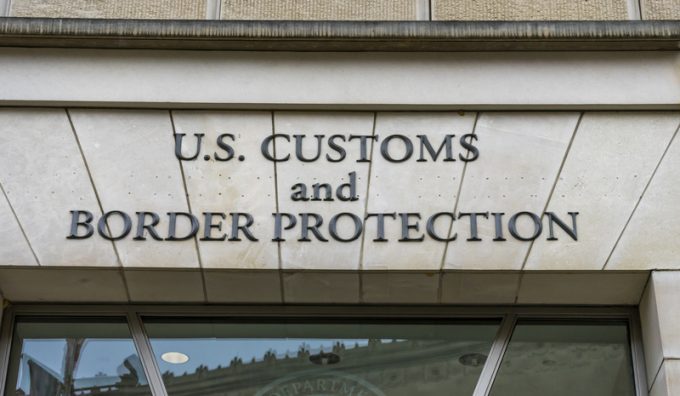Airfreight capacity shifts from US to match falling demand
Airlines are pushing capacity into another key market – 50% more than last year – ...

Foreign airlines are said to have reacted strongly to an emergency security change to US Customs regulations on airfreight, at least one carrier temporarily halting cargo sales as it seeks more clarity on the sudden additional requirement.
According to sources, an emergency ...

Comment on this article